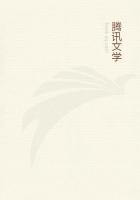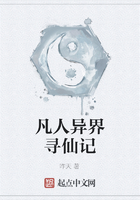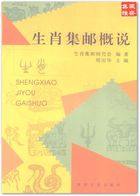Therefore the liberal man, like other virtuous men, will give for the sake of the noble, and rightly; for he will give to the right people, the right amounts, and at the right time, with all the other qualifications that accompany right giving; and that too with pleasure or without pain; for that which is virtuous is pleasant or free from pain-least of all will it be painful. But he who gives to the wrong people or not for the sake of the noble but for some other cause, will be called not liberal but by some other name. Nor is he liberal who gives with pain; for he would prefer the wealth to the noble act, and this is not characteristic of a liberal man. But no more will the liberal man take from wrong sources; for such taking is not characteristic of the man who sets no store by wealth. Nor will he be a ready asker; for it is not characteristic of a man who confers benefits to accept them lightly. But he will take from the right sources, e.g. from his own possessions, not as something noble but as a necessity, that he may have something to give. Nor will he neglect his own property, since he wishes by means of this to help others. And he will refrain from giving to anybody and everybody, that he may have something to give to the right people, at the right time, and where it is noble to do so. It is highly characteristic of a liberal man also to go to excess in giving, so that he leaves too little for himself; for it is the nature of a liberal man not to look to himself. The term 'liberality' is used relatively to a man's substance; for liberality resides not in the multitude of the gifts but in the state of character of the giver, and this is relative to the giver's substance. There is therefore nothing to prevent the man who gives less from being the more liberal man, if he has less to give those are thought to be more liberal who have not made their wealth but inherited it; for in the first place they have no experience of want, and secondly all men are fonder of their own productions, as are parents and poets. It is not easy for the liberal man to be rich, since he is not apt either at taking or at keeping, but at giving away, and does not value wealth for its own sake but as a means to giving. Hence comes the charge that is brought against fortune, that those who deserve riches most get it least. But it is not unreasonable that it should turn out so; for he cannot have wealth, any more than anything else, if he does not take pains to have it. Yet he will not give to the wrong people nor at the wrong time, and so on; for he would no longer be acting in accordance with liberality, and if he spent on these objects he would have nothing to spend on the right objects. For, as has been said, he is liberal who spends according to his substance and on the right objects; and he who exceeds is prodigal. Hence we do not call despots prodigal; for it is thought not easy for them to give and spend beyond the amount of their possessions. Liberality, then, being a mean with regard to giving and taking of wealth, the liberal man will both give and spend the right amounts and on the right objects, alike in small things and in great, and that with pleasure; he will also take the right amounts and from the right sources. For, the virtue being a mean with regard to both, he will do both as he ought; since this sort of taking accompanies proper giving, and that which is not of this sort is contrary to it, and accordingly the giving and taking that accompany each other are present together in the same man, while the contrary kinds evidently are not. But if he happens to spend in a manner contrary to what is right and noble, he will be pained, but moderately and as he ought; for it is the mark of virtue both to be pleased and to be pained at the right objects and in the right way. Further, the liberal man is easy to deal with in money matters; for he can be got the better of, since he sets no store by money, and is more annoyed if he has not spent something that he ought than pained if he has spent something that he ought not, and does not agree with the saying of Simonides.
The prodigal errs in these respects also; for he is neither pleased nor pained at the right things or in the right way; this will be more evident as we go on. We have said that prodigality and meanness are excesses and deficiencies, and in two things, in giving and in taking; for we include spending under giving. Now prodigality exceeds in giving and not taking, while meanness falls short in giving, and exceeds in taking, except in small things.
The characteristics of prodigality are not often combined; for it is not easy to give to all if you take from none; private persons soon exhaust their substance with giving, and it is to these that the name of prodigals is applied- though a man of this sort would seem to be in no small degree better than a mean man. For he is easily cured both by age and by poverty, and thus he may move towards the middle state. For he has the characteristics of the liberal man, since he both gives and refrains from taking, though he does neither of these in the right manner or well. Therefore if he were brought to do so by habituation or in some other way, he would be liberal; for he will then give to the right people, and will not take from the wrong sources. This is why he is thought to have not a bad character; it is not the mark of a wicked or ignoble man to go to excess in giving and not taking, but only of a foolish one. The man who is prodigal in this way is thought much better than the mean man both for the aforesaid reasons and because he benefits many while the other benefits no one, not even himself.
But most prodigal people, as has been said, also take from the wrong sources, and are in this respect mean. They become apt to take because they wish to spend and cannot do this easily; for their possessions soon run short. Thus they are forced to provide means from some other source. At the same time, because they care nothing for honour, they take recklessly and from any source; for they have an appetite for giving, and they do not mind how or from what source.

